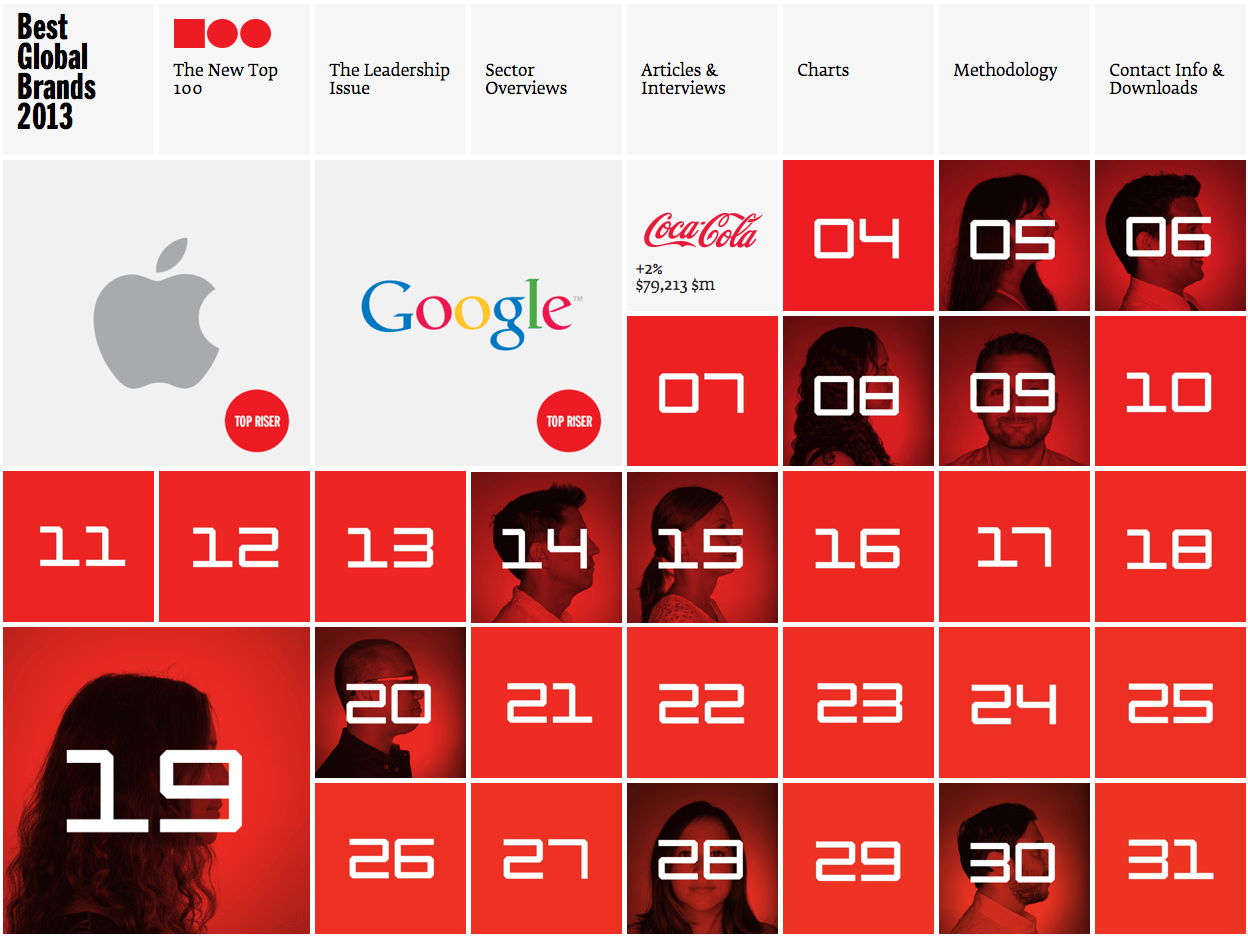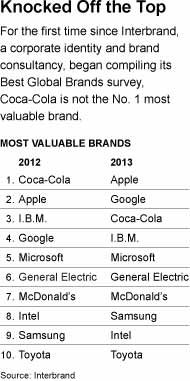

HYPER DETAILED: The latest LG flagship phone, the LG G3, can capture video in ultra-high definition. — ©LG
Just like televisions and computer monitors, handset displays are about to get a huge resolution boost.
According to the latest forecast from ABI Research, a 4K screen will become a flagship smartphone feature within the next 12 months and within five years, 478 million smartphones a year will ship with a UHD display as standard.
However, at the moment there is very little native 4K broadcast content available for either televisions or smartphones, meaning that, for the time being, a display with a super resolution could be seen as just a marketing gimmick.
Senior analyst Michael Inouye commented: “While some content owners and broadcasters have or are preparing to launch 4K programming, video resolution delivered to mobile devices will continue to lag behind screen pixel densities. While mobile device components, such as processor, memory and in some cases batteries, are gearing up to handle 4K, network and infrastructure elements remain challenging.
“Key video services like several under the UltraViolet umbrella, for instance, still largely distribute content to mobile devices in SD. Content protection and data utilisation concerns are part of the issue, but consumers also have not demanded higher resolution video in adequate numbers for services to respond,” he adds.
Although UHD displays aren’t expected to arrive until next year, the ability to use a smartphone to create 4K content is already here. The latest Samsung and LG flagship handsets both record video in 4K and as such join a growing list of UHD devices, such as the GoPro action cam.
However, even with more user-generated UHD content, disseminating it among friends or even hosting it to sites like YouTube is still an issue in terms of streaming or downloading due to the size of the file involved and consumers’ hatred of videos that buffer.
“Over The Top (OTT) video services will carefully weigh the costs of 4K delivery, the impact on viewing on mobile devices, and the brand halo high resolution services can bring,” said practice director Sam Rosen.
Rosen believes companies that use the internet to deliver content will initially focus on bringing UHD to televisions but there are emerging connection technologies that could mean that smartphones become a hub for streaming rich content to other devices around the home.
“New connections like wired MHL 3.0 and wireless 802.11ad can help position mobile devices as a hub for streaming high quality video and gaming to TVs. Qualcomm’s acquisition of Wilocity and push of 802.11ad could further encourage OTT companies and TV manufacturers to embrace the technology and bring high resolution video to TVs via mobile devices,” he adds. — AFP/Relaxnews 2014








 The report, to be released on Monday, is from Interbrand, a corporate identity and brand consulting company owned by the Omnicom Group that has been compiling what it calls the Best Global Brands report since 2000. The previous No. 1 brand, Coca-Cola, fell to No. 3.
The report, to be released on Monday, is from Interbrand, a corporate identity and brand consulting company owned by the Omnicom Group that has been compiling what it calls the Best Global Brands report since 2000. The previous No. 1 brand, Coca-Cola, fell to No. 3.






